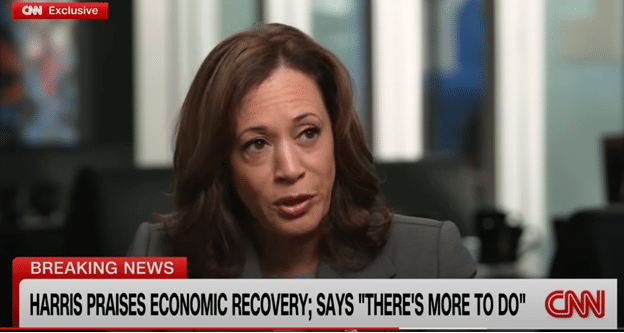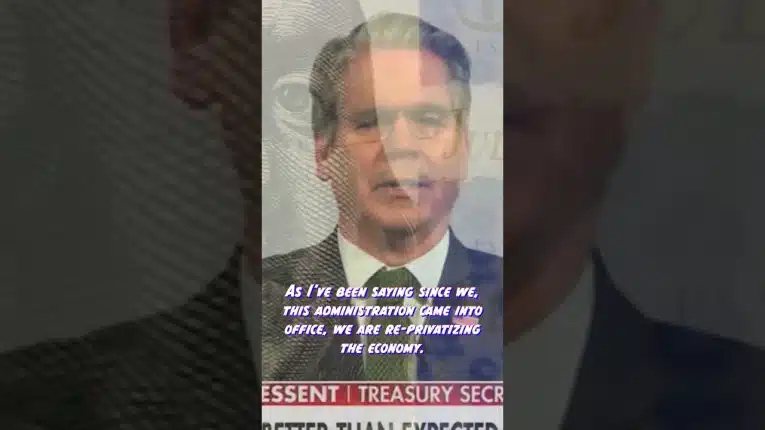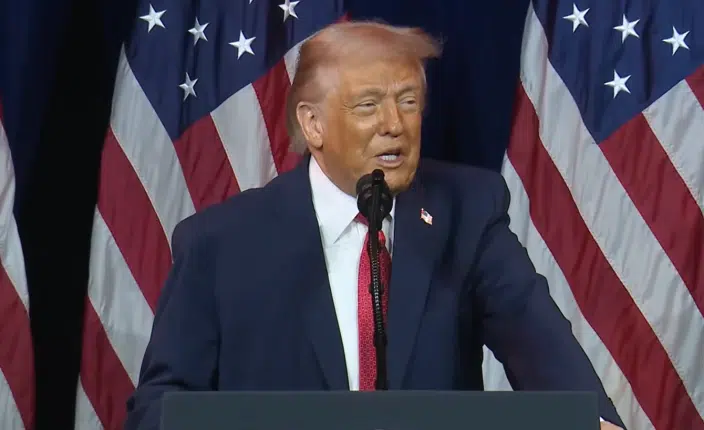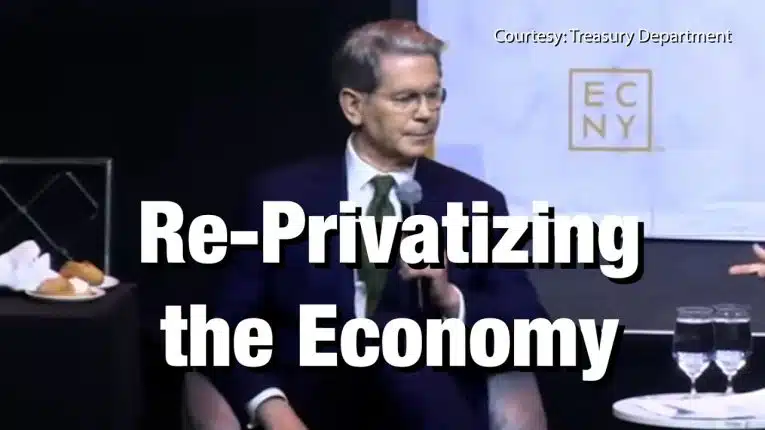
The Institute for Supply Management (ISM) manufacturing index once again showed signs of contracting, coming in at 47.2 in August — anything less than 50 indicates less than half of firms reported expansion — which marks the 21 out of the past 22 months showing contraction.
The index itself tends to dip during recessions, hitting lows of 35.5 in 1982, 39.4 in 1991, 41.3 in 2001, 34.5 in 2008 and 41.7 in 2020. So, it’s still got a bit more to go to get to recession territory, with its low this cycle coming at 46 in June 2023.
On the other hand, with nearly two years in the red, it is worth noting the only times the ISM stays below 50 for more than 12 months is during recessions, indicating the point of capitulation might yet be on the horizon, or if the overall contraction was already here, just that this recession might be more shallow than predecessors from a manufacturing perspective.
But the number is still worrying, and stock markets engaged in more panic selling on Sept. 3, with eyes looking towards the Friday, Sept. 6 employment situation report from the Bureau of Labor Statistics. Any bad news from the government there could send markets into another tail spin, to say nothing of the impacts on the imminent election in November between Vice President Kamala Harris and former President Donald Trump.
Although not always fatal, economic downturns can hurt incumbents, with recent electoral victims including Gerald Ford in 1976, Jimmy Carter in 1980, George H.W. Bush in 1992 and Donald Trump in 2020. On the other hand, Richard Nixon in 1972, Ronald Reagan in 1984 and George W. Bush in 2004 survived reelection despite having recessions during their terms, although Republicans did not survive the 2008 crash, losing to Barack Obama.
So any data whatsoever showing continued weakness in the U.S. economy following its bout with inflation after Covid should be front and center in the election itself. If a recession is dead ahead, then the candidates should be addressing it.
But in her sit-down interview with CNN last week, Kamala Harris made it sound like the worst of the economic news was already behind us along with Covid, stating, “A lot of our policies have led to the reality that America recovered faster than any wealthy nation around the world,” and “we had to recover as an economy, and we have done that. I’m very proud of the work that we have done that has brought inflation down to less than 3 percent…”
It looks like the recovery is over. At least she said the word “inflation” a few times in the interview, which was a few more times than she mentioned it compared to her Democratic Party nomination acceptance speech in Chicago, Ill. last month — which was none.
Yes, the rate of inflation has dropped from its June 2022 high of 9.1 percent to its current level of 2.9 percent in July — the trouble is that when the economy comes off peak inflation like that, historically, a recessions and a commensurate rise in unemployment is usually the only thing that will keep prices from jumping up again. In the meantime, personal incomes have not kept up with consumer prices the entire time Biden and Harris have been in office.
Well, that’s exactly what is happening: Unemployment is up 1.47 million since its Dec. 2022 low, and employment is down 600,000 from its Nov. 2023 high, in the BLS household survey, the latter of which is on the brink of going negative on an annual basis but might still kick along for a few or several more months.
The writing is on the wall.
When CNN’s Dana Bash asked tepidly “you maintain Bidenomics is a success,” Harris replied, meekly, “There’s more to do, but that’s good work…” touting the Biden-Harris administration’s record on prescription drug prices, child poverty and manufacturing.
Just put your head down and hope it all goes away is not really cutting it, and with more than half of Americans saying we’re in a recession, maybe Harris will find out in November what ignoring the elephant in the room risks. The economy stinks.
Robert Romano is the Vice President of Public Policy at Americans for Limited Government Foundation.






